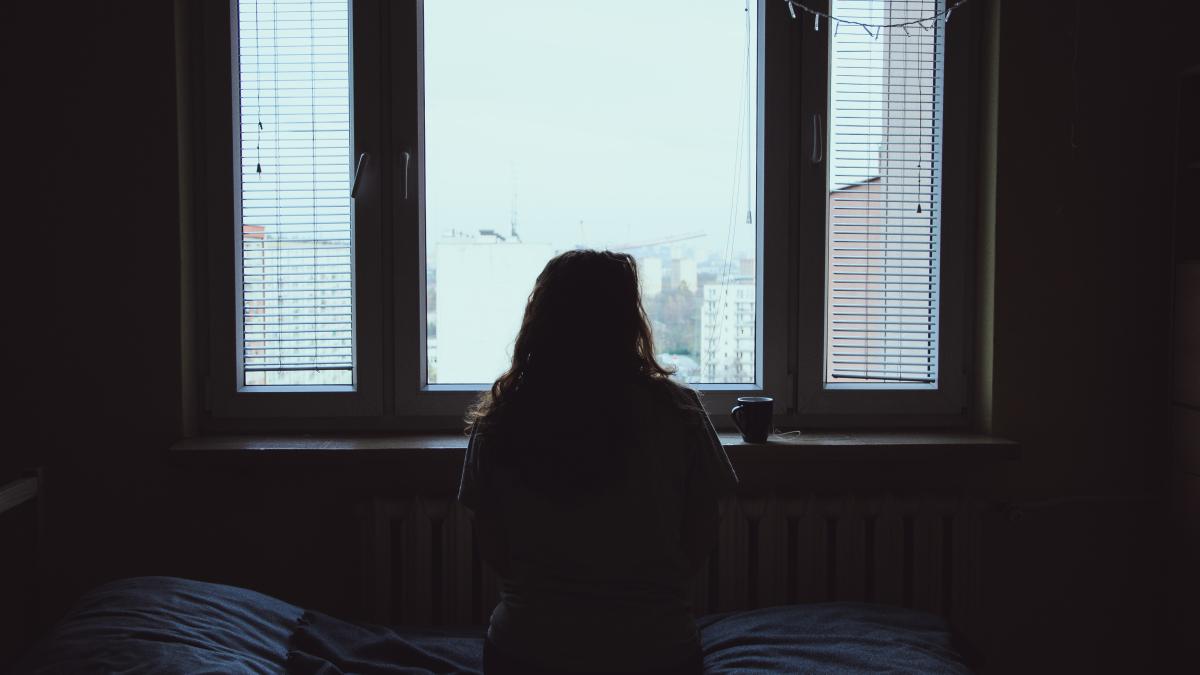
Are you feeling a bit sad and shitty at the moment? Maybe it’s worse than that, and you’re genuinely showing signs of depression. Well, it could be related to the weather – yep, really. It’s called Seasonal Affective Disorder, and maybe you’ve heard of it. We asked psychologist Gemma Cribb, founder of the Equilibrium Collective, for a deep dive.
[jwplayer sWWiVl8P]
Seasonal Affective Disorder usually occurs as autumn and winter hit. It’s primarily an issue that concerns people in the Northern Hemisphere, where the days can get real short and the skies real grey. However, that doesn’t mean you can’t feel a mood change as the weather turns in Australia, too.
“Mood is regulated by sunlight and some countries don’t get a lot of sunlight in these seasons,” explains Gemma.
So basically, if you’re not getting a good dose of sunlight, you could be prone to a downward mood swing.
Lack of sunlight lowers Vitamin D and causes disruption to melatonin release which can lead to fatigue and lethargy. These symptoms in turn cause people to withdraw from social activity and exercise further compounding the depressive effect of the weather. Although it is not commonly diagnosed in Australia many people report similar variations in mood and energy during our winter period.
But it’s not just about getting a decent dose of sunlight each day – the pollens that float around in the air as the seasons change can be culprits, too.
“Histamines (often increased with the pollen of spring) can influence mood and anxiety,” says Gemma.
This is all also true of anxiety – as Gemma explains, anxiety and depression are often linked, so maybe you’re not feeling super down but you do feel more anxious than usual.
Is there a solution? There’s a few things you can do to combat SADS and season-related mood swings.
Try to keep your ‘biological rhythms’ as stable as possible. Go to bed and get up at a regular time, get sunlight as soon as you can in the morning, exercise regularly, eat a balanced diet at regular intervals and get out and socialise as much as you normally would.
Also, if you’re prone to allergies take an anti-histamine to battle those pollens. And if none of this works, visit your doctor.
It is also an idea to get regular blood tests and supplementation if you know you are vulnerable to deficiencies in Vitamin B or D.
One of my anxiety tricks related to getting up on wintry mornings is to leave my blinds a bit open so I wake up with sunrise – the morning sun seems to wake me more naturally and staves off the “flat” feeling winter mornings often give me.



